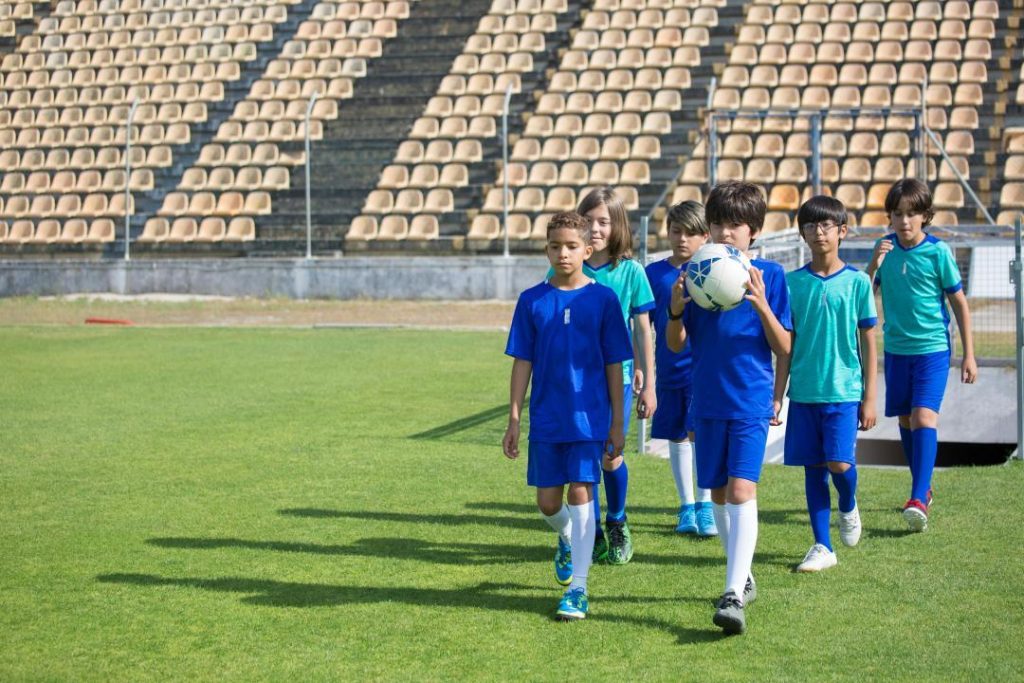
Exercise Supports Youth Mental Health: Study
As a parent, it’s essential to prioritize your child’s mental health and well-being. With the rising prevalence of depression and anxiety in children and teenagers, it’s crucial to explore effective strategies to support their emotional well-being. A recent study published in the Journal of the American Academy of Child & Adolescent Psychiatry has shed light on the significant role exercise can play in promoting mental health in young people.
The study, which involved a comprehensive review of existing research, found that resistance training and mixed exercise routines can significantly reduce symptoms of depression and anxiety in children and teens. These findings have significant implications for parents, educators, and healthcare professionals seeking practical and low-cost ways to improve mental health and emotional well-being in young people.
Exercise as a Mental Health Strategy
Exercise is often touted as a panacea for physical health, but its benefits extend far beyond the physical realm. Aerobic exercise, in particular, has been shown to have a profound impact on mental health, reducing symptoms of depression and anxiety by releasing endorphins, also known as “feel-good” hormones. These natural mood-boosters can help alleviate symptoms of mental health conditions, promoting a sense of well-being and emotional resilience.
The study’s findings build upon existing research highlighting the mental health benefits of exercise. A 2019 review of 30 studies on exercise and mental health in children and adolescents found that aerobic exercise, in particular, was effective in reducing symptoms of anxiety and depression. Similarly, a 2017 study published in the Journal of Clinical Child & Adolescent Psychology found that exercise therapy was an effective treatment for depression in young people.
Resistance Training and Mixed Exercise Routines
The new study’s findings suggest that resistance training and mixed exercise routines may be particularly effective in reducing symptoms of depression and anxiety in children and teens. Resistance training, which involves exercises that challenge muscles against weights or resistance, can help build confidence and self-esteem. Mixed exercise routines, which combine aerobic exercise with resistance training and other physical activities, can provide a more comprehensive workout that addresses multiple aspects of physical fitness.
The study’s authors suggest that the combination of physical activity and social interaction inherent in group exercise classes may also contribute to the mental health benefits observed. Social support and peer relationships can play a critical role in mental health, providing a sense of belonging and reducing feelings of loneliness and isolation.
Practical Strategies for Parents and Educators
The study’s findings offer a range of practical strategies for parents, educators, and healthcare professionals seeking to support the mental health and well-being of children and teens. These include:
- Encouraging regular physical activity: Parents and educators can promote physical activity by providing access to safe and enjoyable exercise opportunities, such as sports teams, dance classes, or recreational centers.
- Incorporating resistance training: Resistance training can be incorporated into exercise routines through activities such as weightlifting, push-ups, or resistance band exercises.
- Creating mixed exercise routines: Mixed exercise routines can be created by combining aerobic exercise with resistance training and other physical activities, such as yoga or Pilates.
- Fostering social support: Encouraging social interaction and peer relationships can be achieved through team sports, group exercise classes, or social activities that promote bonding and connection.
Conclusion
The study’s findings provide compelling evidence for the role of exercise in supporting youth mental health. Resistance training and mixed exercise routines can significantly reduce symptoms of depression and anxiety in children and teens, making exercise a practical and low-cost strategy for improving mental health and emotional well-being.
As parents, educators, and healthcare professionals, it’s essential to prioritize the mental health and well-being of young people. By incorporating exercise into daily routines and encouraging physical activity, we can help build emotional resilience, reduce symptoms of depression and anxiety, and promote a lifetime of mental health and well-being.
Source:
https://thepfc.club/blogs/news/how-exercise-can-help-kids-fight-depression-and-anxiety






